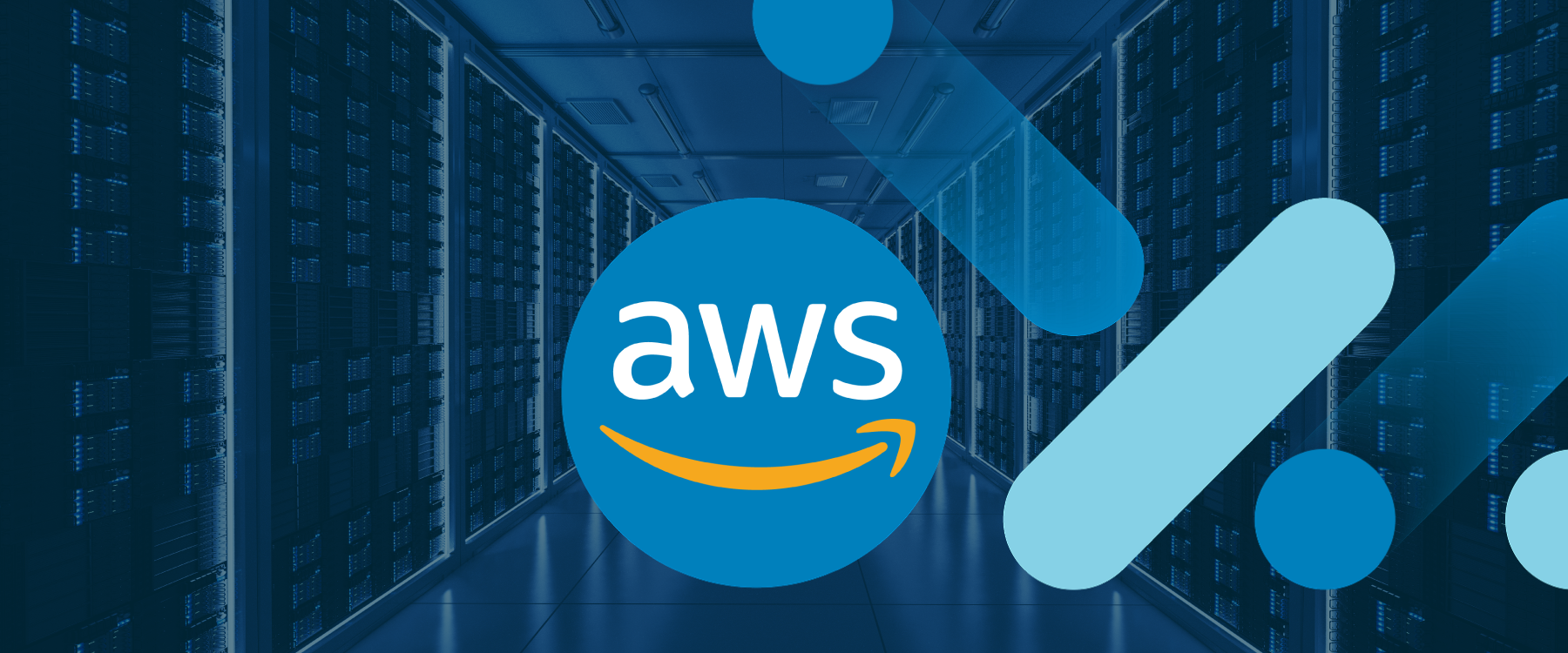All of our data is lost.
This is every organization’s worst nightmare.
You might have dedicated servers and a dedicated tech team to take care of your infrastructure. Yet, malfunctions happen. It could be malware, ransomware, or even a natural disaster. Whatever it is, the main point is that today’s companies can’t afford to lose data. That’s why there are backups.
There are two ways to backup corporate data and each of them has both advantages and disadvantages. These are onsite and offsite backup. While we’ll focus more on the latter in this article, we won’t miss sharing the main differences between them.
Let’s dive in!
What is Offsite Backup?
Offsite backup is the replication of the business’ production data to a server or media that is in a geographically different location. Offsite data backup may also be done via direct access, over a Wide Area Network (WAN).
The best offsite backup solutions include:
- Offsite server backup, where production data is backed up to an offsite server (in a different location)
- Backing up to a media device, such as tape, which is then transported and stored offsite
- Backing up to a private or public cloud
To better understand the idea behind offsite backups, think about your PC at home.
Anything stored on your computer is local to your machine. If something happens to its storage drive, that data is lost. However, if you have stored your data on an external hard drive, you can easily retrieve the lost information because a copy of it exists in a different location. While it is not genuinely “offsite” (in a different geographical location) from your home, it illustrates the point of how crucial offsite backups are to keeping your data safe.
Now, speaking of small and medium businesses or large organizations, they have local backups in case small issues occur. If a single file becomes corrupted, backups stored on the server can be quickly retrieved and restored. On the other hand, offsite backups provide a similar sense of security but on a much larger scale.
When you think of offsite backup, you should imagine a case where you’re about to lose your business, not only your Black Friday marketing campaign.
How Offsite Backups Work
There are two main ways of doing this – traditional and modern.
The traditional method, as you might have already guessed, means transferring copies of your data directly over to the different storage devices. For example, saving all your data copies to an external hard drive, and storing this drive outside your office. The other option is to use tape as your offsite data storage. Unfortunately, the traditional method is difficult, time-consuming, and limits the frequency of your offsite backups, which might not be the best solution in today’s fast-paced technological environment.
That’s where the modern way comes in – transferring files via the internet. Simple as that – there are several different internet backup services that you can set up and it’ll automatically copy your data to the designated location.
You can use software to sync your data or take a snapshot of it for backup, also called a full backup. Or you can rely on solutions that will incrementally backup your information by saving only the changes to your file system.
Either way, traditional or modern, the essential thing is to have an offsite backup. Just choose what will suit your needs best.
Main Differences Between Onsite and Offsite Backup
As we said at the beginning of this article, we will take a look at the main differences between onsite and offsite backup. Considering everything we’ve said up until now, you probably can gauge what are the main advantages of each solution.
You probably already use an onsite backup, but still, we think it’s important to mention it. Onsite backup usually entails storing important data periodically on local storage devices, such as hard drives, DVDs, magnetic tapes, or CDs.
Onsite main advantages include:
- Immediate access to data
- Less expensive
- Internet access is not needed due to the close proximity of your onsite servers
However, one thing you should definitely consider when deciding to rely only on onsite backup is the possibility of losing your data indefinitely. In case of a natural disaster like a fire, you could lose all of your business information. This also works for robberies, as well – the consequences of someone stealing your storage units would be the same as in the event of them being destroyed.
On the other hand, you have the offsite backup which can ensure that at least one of your data copies is secure and won’t be lost if a tornado hits your office building.
And this is one of the biggest advantages of offsite backups. along with:
- Access to data from any location, via Internet or FTP
- Backup data can be shared with several different remote locations
Of course, the offsite backup isn’t the perfect solution either.
This comparison doesn’t aim to put one of the solutions on a pedestal. You need to understand that they are two sides of the same coin, and the coin is keeping your business data safe all the time.
In fact, you don’t have to choose between onsite and offsite. Many companies decide to use a hybrid model where they rely both on local storage and an offsite one. If you can afford it and successfully manage it, go for it.
Now, if you’re still not sure whether the offsite solution is right for you, we’re about to dig deeper into some of its biggest advantages.
Top Advantages of Onsite Backup
We’ve already mentioned some of them like easy access from different locations, protection from an onsite location disaster, and your backup data can be shared with many different remote locations.
There is more:
Offsite Data Backup Is Painless
Before cloud computing solutions, it was hard and time-consuming to back up data. The process wasn’t automatic, which means that businesses had to remember to back up their information. Today, they have the option to rely on offsite backup providers like CloudScale365 that guarantee their information’s safety and accessibility 24/7/365.
Protection Against a Complete System Crash
One of the primary reasons for you to rely on offsite backup is to protect yourself against a complete crash of your system. In a perfect world, your server would always be reachable and would never experience any technical failures. In reality, these things do happen, and having the proper safeguards in place can save you time, money, and even your business.
A Helpful Measure in Case of a Data Breach
Weak passwords, malware, and software vulnerabilities are all prerequisites for a data breach. Unfortunately, data breaches are getting more and more common in the last several years and they affect all kinds of business – from SMBs to large corporations. The main purpose of offsite backups is to be able to get a clean copy of your data. This way you can lessen the downtime caused by a data breach.
Multiple Backup Methods
Offsite backup providers usually take advantage of multiple backup methods to ensure the security and integrity of your data. Each backup method will back up the most recent version of your data and ensure that it is fully recoverable. That’s part of the modern way we’ve talked earlier.
Better Data Security
Cloud providers follow best practices when it comes to security. If you are an SMB, you might not have the budget to hire a cyber security expert. That’s the main reason why many choose the cloud for data backup.
Offsite Backup Handling Best Practices
Handling your offsite backup in the best way possible is equally important as having an offsite backup.
Here are some tips and best practices you might want to follow:
Verify Your Backups Regularly
Backups can go wrong too. But the worst part is that usually, people understand that there is a problem with their backups when they need them. That’s why it’s important to monitor your backups regularly. You can either do it manually or rely on a backup solution that offers automatic backup monitoring.
Plan Your Storage Expenses in Advance
Knowing how much storage you need is quite important when it comes to choosing an offsite backup solution. Otherwise, you might end up in a situation where you don’t have enough storage space if you underestimate your needs or pay much more if you overestimate them. Some backup solutions might offer to estimate your data size and predict how much you’ll need.
Use Configurable Scheduling
Performing a schedule by yourself might cost you a lot of money in case of an error. That’s why a lot of professional services nowadays offer scheduling options and features that take this burden away from you.
Offsite Backup Solution from CloudScale365
Throughout the years we have seen numerous cases where businesses need to shut down because of data loss.
That’s why we made it our mission to offer an end-to-end backup solution to all our clients.
Our Enterprise Backup Solution service ensures that lost or corrupted data can be recovered fast and seamlessly. On top of that, we’ve added some extra features to make it even better:
- Web Administration Interface
- High Efficiency
- File Level Control
- MySQL Integrity
- Continuous Data Backups
- Managed Backup Option
Our Enterprise Data Backup keeps your business operations running and helps you avoid outages, loss of productivity, and costly downtime caused by cyber threats and slow recovery efforts. To learn more:
 Broadwing Capital Acquires CloudScale365...
Broadwing Capital Acquires CloudScale365... 


